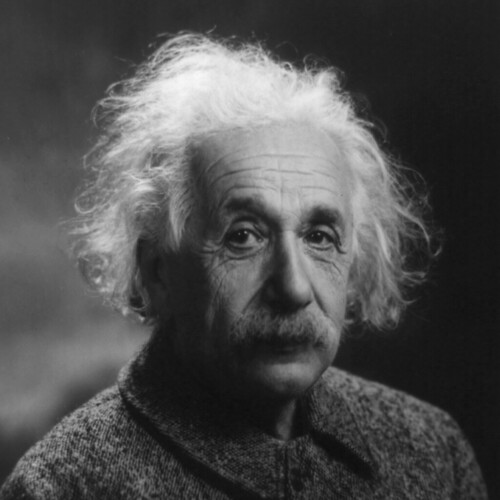Milena Stanoeva Canadian Federation for the Humanities and Social Sciences
 The Advisory Panel on Canada’s International Education Strategy released its report this week, calling for Canada to double the number of international students and for 50,000 Canadian students to be sent to study abroad. CFHSS’s submission to the panel is available here and our reaction to the report is available here.
The Advisory Panel on Canada’s International Education Strategy released its report this week, calling for Canada to double the number of international students and for 50,000 Canadian students to be sent to study abroad. CFHSS’s submission to the panel is available here and our reaction to the report is available here.
CFHSS also posted its 2013 Pre-budget submission to the federal government this week. Among other things, the submission recommends that the government increase finding for the three federal research granting agencies, that it invest in helping graduates transition into the work place, that it improve cross-sector collaboration, and that it invest in community-campus collaboration. Read the full submission here.
SSHRC announced the appointment of Ted Hewitt to the post of executive vice-president. Hewitt previously served as vice-president of Western University.
The humanities and their place in our profit-driven education environment have been a hot topic of debate on the blogosphere in the past week. On the Scientific American blog, Maria Konnikova argued that the humanities aren’t a science and shouldn’t be treated as one last week. This week, she follows up with a column on why the humanities, and the “soft” skills they develop, are an integral part of discovery, even in science, a view that Albert Einstein also espoused.
On the Huffington Post Canada, Daniel Little outlines some reasons why students still choose to study the humanities, and how that helps them develop into good citizens and good people. On the Chronicle of Higher Education, Mark Bauerlein makes recommendations for struggling humanities departments looking to attract students. Contrary to recent trends of stressing employability and the transferrable skills developed by study in the humanities, Bauerlein makes the case for an emphasis on the “other-worldliness” of the humanities, the study of history and literature’s Greats (his examples include Shakespeare and Dante). He argues that these traditional topics hold authority in the larger culture, and other disciplines cannot claim to speak on them.
CFHSS President-elect and Antonia Maioni has been writing about the Quebec election for the Globe and Mail, covering topics like the CAQ’s health reform plan and reactions to the PQ’s proposed ban on civil servants wearing religious symbols.
Photo courtesy of ThomasThomas on Flickr.
